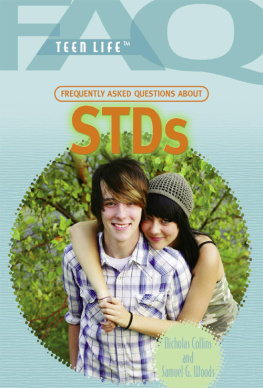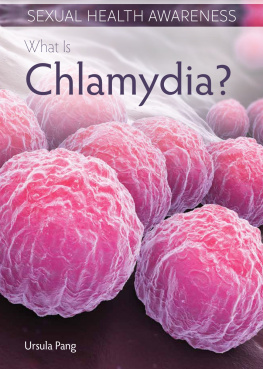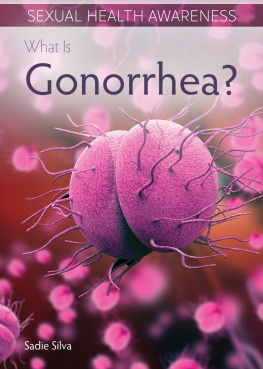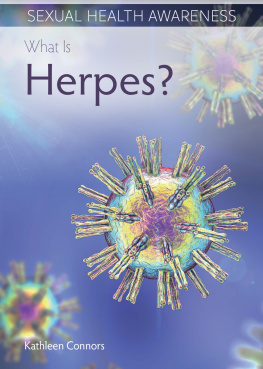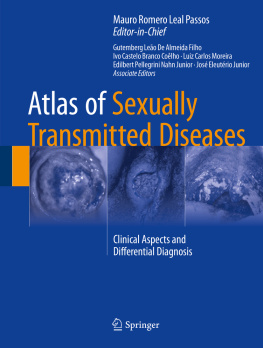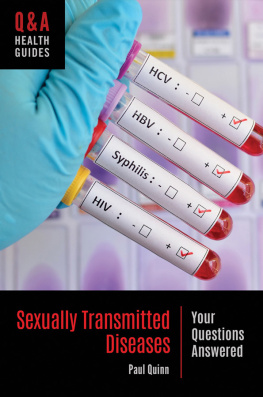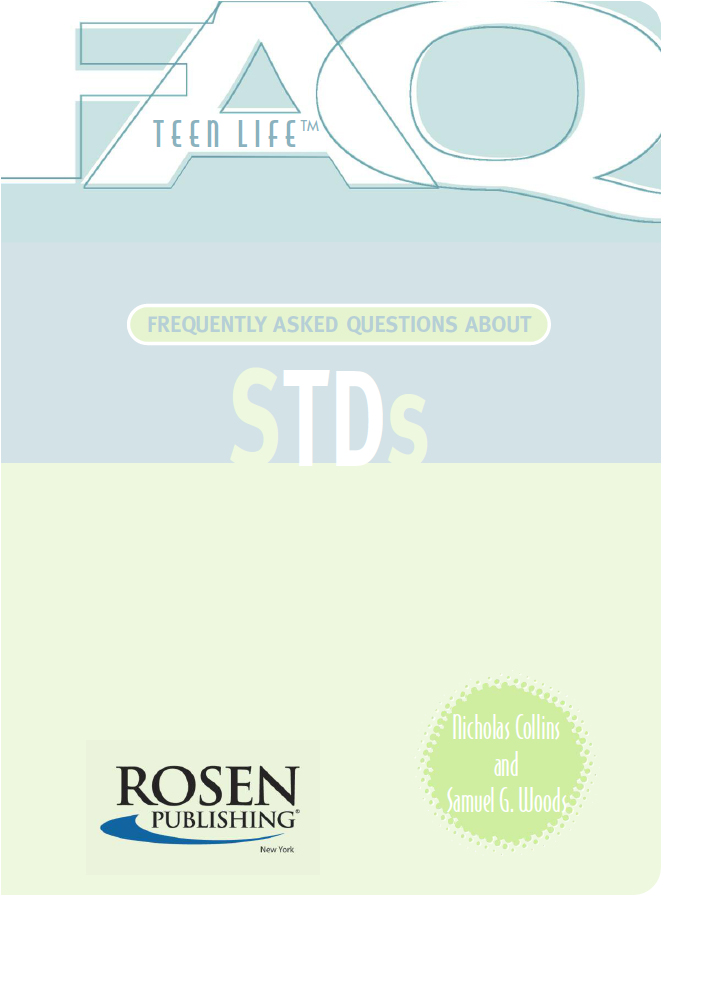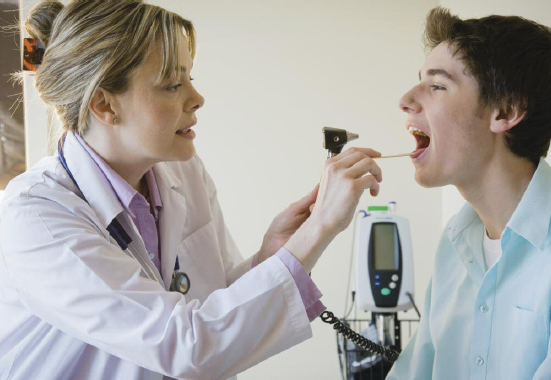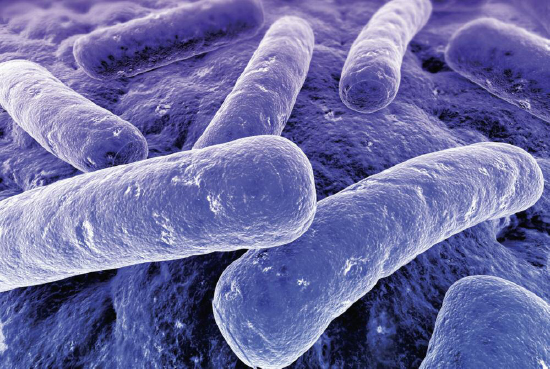Published in 2012 by The Rosen Publishing Group, Inc.
29 East 21st Street, New York, NY 10010
Copyright 2012 by The Rosen Publishing Group, Inc.
First Edition
All rights reserved. No part of this book may be reproduced in any form without permission in writing from the publisher, except by a reviewer.
Library of Congress Cataloging-in-Publication Data
Collins, Nicholas.
Frequently asked questions about STDs / Nicholas Collins,
Samuel G. Woods.
p. cm.(FAQ: teen life)
Includes bibliographical references and index.
ISBN 978-1-4488-4630-6 (library binding)
1. Sexually transmitted diseasesJuvenile literature. 2. Sexually transmitted diseasesMiscellanea. I. Woods, Samuel G. II. Title.
RC200.25.C65 2012
616.95'1dc22
2011000303
Manufactured in the United States of America
CPSIA Compliance Information: Batch #S11YA: For further information, contact Rosen Publishing, New York, New York, at 1-800-237-9932.
Contents
What Are STDs?
How Do STDs Affect the Body?
How Do I Protect Myself Against HIV and AIDS?
What Are Syphilis, Gonorrhea, Chlamydia, and Trichomoniasis?
Genital Herpes: What Are the Facts?
Glossary
For More Information
For Further Reading
Index
Chapter one
WHAT ARE STDS?
STDs are sexually transmitted diseases, or diseases spread through sexual intercourse. According to the Centers for Disease Control and Prevention (CDC) as of 2009, there were roughly nineteen million new STD infections each year. Nearly half of those cases occurred among people aged fifteen to twenty-four. The cost to the U.S. health care system is believed to be as much as $15.9 billion per year. STDs are a major public health concern.
STDs may be widespread, but they are rarely talked about. There is a stigma, or a mark of shame, attached to them. Some people feel ashamed and embarrassed that they have contracted a disease through sexual activity. This is one possible reason why many people do not visit the doctor as soon as they suspect that they have been infected.
Over the last four decades, there has been a considerable effort made to reduce the spread of STDs. Although the rate of infection in America has been brought to an all-time low, it is still the highest rate in the industrialized world. The rate that STDs spread among teenagers is difficult to control. In the most extreme cases, one person could spread the disease to thousands of others within a matter of weeks. Some people are not even aware that they are carrying a disease as they spread it to others. If you think you might have symptoms of an STD, and you have been sexually active, you should seek immediate treatment.
While the subject of STDs may be difficult to discuss with friends, family, and even doctors, its important that you get tested if you suspect that you might be infected.
Women in particular suffer if they do not see a doctor immediately. An STD left untreated can cause serious problems in the body, such as infertility and pelvic inflammatory disease (PID), which affects the female reproductive system. If a baby is born to a mother who has certain STDs, the baby can be blind, suffer from mental retardation, or have bone deformities. Fortunately, todays medicines can cure many STDs and ease the symptoms of others. But if you do not see a doctor, you risk severe consequences. Education is vital for helping those who are infected and reducing the spread of STDs. It is important that everyone practice safe sex so that the incredibly high rates of infection can be reduced.
How can you recognize the early signs of an STD? Where can you go for treatment? What are the best ways to protect yourself from these diseases? This book will give you the facts. We will talk about sex and how your body works. We will discuss safer sex methods and other issues to consider if you have sex. You will learn that there is no reason to be ashamed of an STD. Millions of people live with STDs. You are not alone. There are people and places that can help you, and certain STDs are curable. But it is important to get all the facts: the worst danger that you face is ignorance.
Though each STD is unique, all STDs share certain similarities. They are all transmitted through sex or intimate body contact, and they are all dangerous if they are not treated. Some can cause slow and painful death. Many STDs have similar symptoms. But some STDs have no symptoms at all. Common symptoms of STDs may include discharge from the penis or vagina; redness or itching of the genitals; pain or burning during sex or during urination; and sores, blisters, or bumps in the genital area. One thing is true for all STDs: they must be treated as quickly as possible.
The Causes of STDs
Like all diseases, STDs are caused by different kinds of germs. A germ is a microscopic invader of the body. Germs get into the body in many different ways. Most diseases are caused by two types of germs: bacteria and viruses. Bacteria are tiny organisms that live in the body, plants, water, and air. Not all bacteria are harmful, but some bacteria cause disease. Bacteria, for instance, cause food poisoning.
Viruses are other tiny agents of infection. When a virus gets into the bodys cells, it stops the cells from performing their normal jobs. When you feel sick, the symptoms you feel are caused by your bodys reaction to the invading virus. The common cold and the flu are viral diseases.
STDs are transmitted through microscopic agents, such as bacteria and viruses, and therefore cant be detected without proper testing.
Sexually transmitted diseases are contagious diseases. This means that you can catch them from another person. Unlike a cold or the flu, which are also contagious, sexually transmitted diseases are not spread through coughing or sneezing. STDs are caught only by intimate sexual contact with a person who has the disease.
Contagious diseases are serious and scary. They can spread very fast. One person can spread the disease to hundreds or thousands of other people. Here is an example: One infected person has sex with ten people. Then each of those people has sex with ten other people. That means that 101 people have been exposed to the disease. What if each of those people has sex with ten people? Then 1,010 people have been exposed. And all because of one infected person.
Most STD infections occur in sexually active teenagers. The more partners that you have, the more you increase your chances of contracting a disease.
How Do We Prevent STDs?
You have probably heard people say that safe sex can protect you from getting a sexually transmitted disease. The only truly safe sex is no sex. But if you decide to have sex, the best way to prevent STDs is to follow responsible sexual behavior. That is why using a condom is smart. Condoms (also called rubbers) are latex casings that are slipped over an erect penis before sex. They prevent direct genital contact between partners. Without direct genital contact, the chance of contracting a disease or giving someone a disease is much smaller. Condoms are also a very effective form of birth control.

